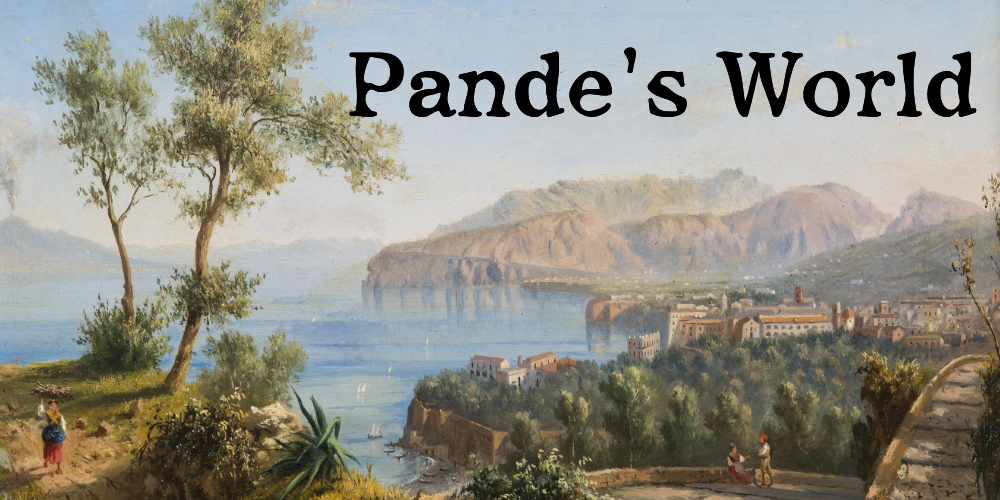Tanabarlia
"Ah, I remember last year's Tanabarlia. Young Hephesia got drunk for the first time and tried to start a fight with Runia's cow. Didn't end well. He got dunked in a water barrel for his efforts. I hear the priest wants us to calm it down this year, but we'll see. I've got a stock of wine held for years that needs drinking. See if Hephesia can finally beat that cow."On the first full moon after the winter solstice is the biggest annual festival in The New Empire of Belyos, Tanabarlia. It is broadly considered both a celebration of a new year, and the foundation of the Empire, and is observed across the entire nation, with only minor variations.
History
The first Emperor, Jamal Hudor, and the Inheritor God, Yaltur, jointly decided to have the formal start of the Empire on the same day traditionally considered to be the beginning of the new year, largely to ensure that the celebration was the largest event in the calendar. Myth states that Tanab, the Steward of the Sky was asked to move the skies, as the actual event would have been almost ten months away, and the celebration was named after him in return.
Since then, the festival has remained important to all levels of Imperial society. Even during the almost five hundred years without Empire, the celebration still has aspects of the ancient Imperial founding, tied in with it's new year aspect. In secessionist regions, amongst the high ranking nobility, it became a cause to highlight their own state's successes, and a way to show how much things were better outside of the Empire. Other regions, who still professed allegiance to the broken Empire, used the occasion to re-issue their claim to the throne.
The Sakamohr do not celebrate Tanabarlia, as their new year begins around the summer solstice, but the celebration was difficult to supress in the lands they occupied. When they were evicted, the festival was celebrated openly once more.
Observance
In rural areas, and poorer urban areas, the festival is largely observed by lots of drinking, a communal fire, and a pooling of food and supplies to create a large feast. Most events will end in drunken debauchery, and it is considered a poor festival if there isn't at least one fight and stories to be told for the rest of the year. Most local lords will offer up something for the celebration, usually food and drink, mainly to ensure that the 'celebrations' are not targeted against their own holdings. Tradition allows for transgressions that occur during the event to be forgiven, so long as no lasting harm or damage is done.
In the upper classes, and in most urban areas, the celebration is much more restrained, with visits to the local temple, exchanges of gifts, and the hosting of formal meals. Open drunkenness is perceived as uncouth and discouraged, but copious consumption of alcohol is not. In Belyos, the event is often accompanied by a tour of the city by the Emperor of Belyos, and the handing out of small gifts to those the Emperor perceives has helped the Empire during the previous year.
Related Ethnicities
Remove these ads. Join the Worldbuilders Guild


Comments